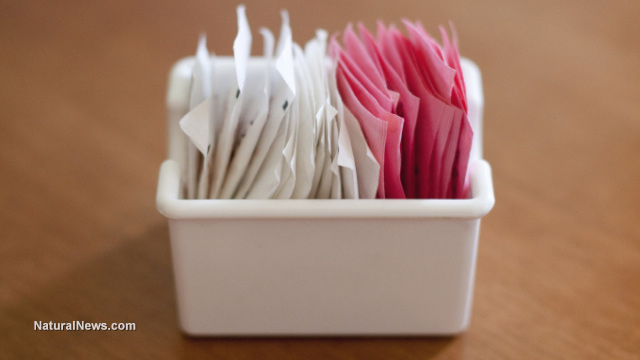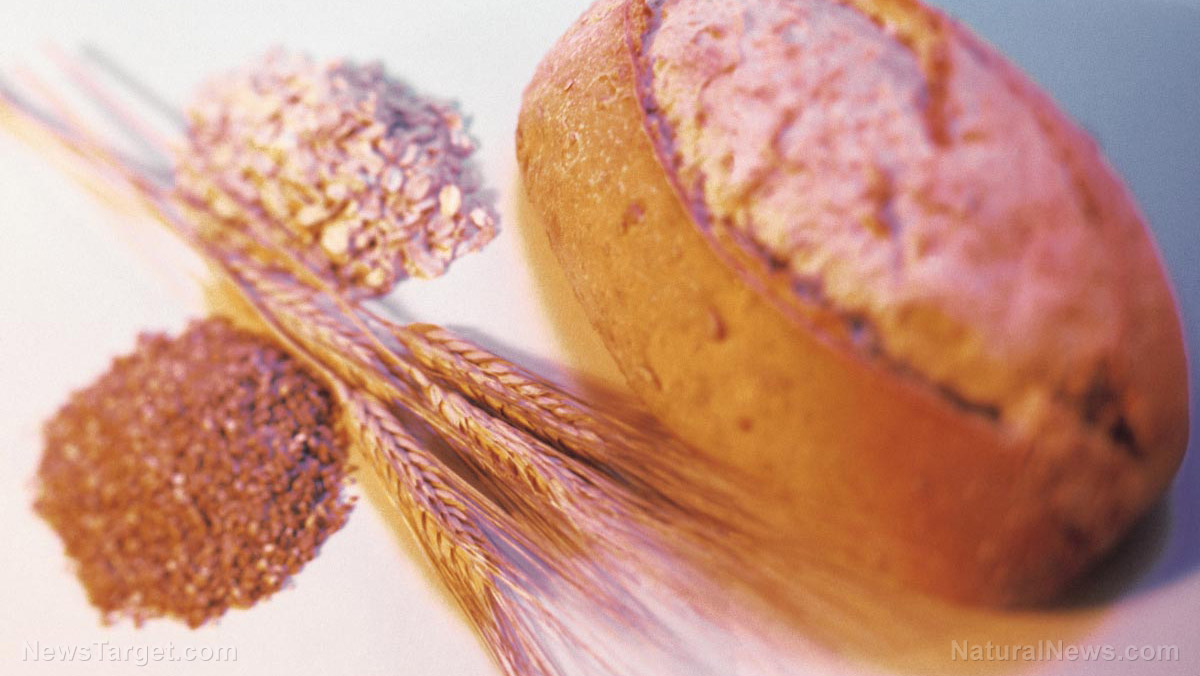Did you know over-the-counter cold medicines can harm your heart?
05/21/2019 / By Ethan Huff

Millions of Americans rely on these popular pills and liquid elixirs to make it through cold and flu season. But could your favorite over-the-counter cold medicine be putting your cardiovascular health at risk?
New research suggests so, warning that cold and flu products containing non-steroidal anti-inflammatory drugs (NSAIDs) and decongestants can increase blood pressure levels while expanding the risk of other cardiovascular events.
According to Sondra DePalma, DHSc, PA-C, co-author of the American Heart Association’s (AHA) 2017 “Guideline for the Prevention, Detection, Evaluation, and Management of High Blood Pressure in Adults,” cold medicines like pseudoephedrine work by restricting users’ blood vessels which, for those with pre-existing high blood pressure or a history of heart disease, is a serious risk.
“Restricting the blood vessels can increase blood pressure and a person’s heart rate,” DePalma, who works as a physician assistant at the PinnacleHealth CardioVascular Institute at UPMC Pinnacle in Pennsylvania, told Healthline during a recent interview.
“This is worrisome for people who have underlying cardiovascular disease and uncontrolled blood pressure.”
Dr. Steven Nissen, a cardiologist at the Cleveland Clinic, agrees. Though he isn’t at all affiliated with the AHA’s guidelines, he says that the heart risks associated with such drugs are well-known – or at least should be.
“We used to see these kinds of drugs in weight-loss products where people whose blood pressure was spiking from taking them. The risks are there not just for nasal congestion,” he’s quoted as saying.
“Anything that constricts the blood vessels and raises blood pressure is never a good idea,” he adds.
Why not avoid developing a cold or flu in the first place by naturally boosting your immune system?
In DePalma’s view, it’s better to take alternative medications that contain acetaminophen, the active ingredient in Tylenol, as opposed to those that contain ibuprofen, one of the NSAIDs associated with increased blood pressure and cardiovascular risk.
Dr. Nissan agrees, though he says that the “best thing you could do” is to just not take these drugs at all – a sentiment that’s also shared by us here at Natural News.
Instead, we would encourage our readers to boost their immune systems naturally by getting more sunshine or supplementing with vitamin D3, which has been scientifically shown to help naturally protect against seasonal illness without causing harmful side effects.
“The Vitamin D Council recommends vitamin D to help prevent colds and flu (URI or upper respiratory infections) based on the findings of two large meta-analyses (the strongest proof in medicine) published in respected medical journals,” writes Dr. John Cannell, MD, for the Vitamin D Council.
“Vitamin D works in the immune system by reducing levels of inflammatory proteins called cytokines, as well as increasing the amount of antimicrobial proteins, which are naturally occurring antibiotics that destroy invading germs and viruses. This combination of lowering inflammation and increasing antimicrobial defenses can help an individual’s immune system fight infections more effectively,” he adds.
Green chiretta (Andrographis paniculata) is another natural remedy that’s been scientifically shown to help fight colds and flu that have already developed.
And let’s not forget drinking plenty of clean, chlorine- and fluoride-free water, and getting plenty of restful sleep, both of which are critical for supporting strong immunity year round.
Other immune-boosting, cold- and flu-fighting natural remedies include garlic, mushrooms, black tea, exercise, and avoiding the flu shot.
Mike Adams, the Health Ranger, also recommends supplementing your diet with natural vitamin C and zinc, both of which are powerful, immune-boosting “super” remedies.
For more related news about how to protect yourself against disease naturally, check out NaturalMedicine.news and NaturalCures.news.
Sources for this article include:
Tagged Under: acetaminophen, andrographis paniculata, blood pressure, cold, cold medicine, decongestants, drugs, exercise, flu, flu shot, green chiretta, Ibuprofen, influenza, nasal congestion, natural antibiotics, natural remedies, NSAIDs, pharmaceuticals, pseudoephedrine, sleep, vitamin C, vitamin D, zinc
RECENT NEWS & ARTICLES
HeartDisease.News is a fact-based public education website published by Heart Disease News Features, LLC.
All content copyright © 2018 by Heart Disease News Features, LLC.
Contact Us with Tips or Corrections
All trademarks, registered trademarks and servicemarks mentioned on this site are the property of their respective owners.


















